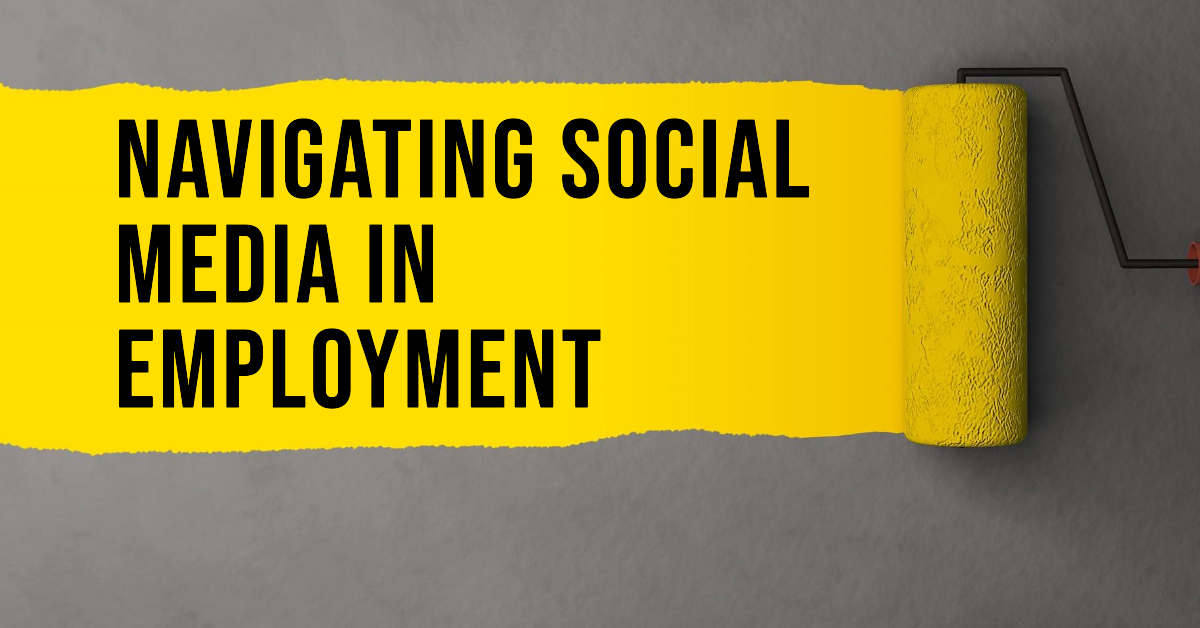
The Double-Edged Sword of Social Media in Employment
Introduction
In today’s digital age, social media has become integral to our daily lives, influencing our personal interactions and professional journeys. From connecting with industry leaders on LinkedIn to showcasing portfolios on Instagram, social media offers numerous opportunities for career advancement. However, like a double-edged sword, it also brings challenges that can impact employees and employers. In this opinion piece, I highlight the importance of mutual respect and understanding in navigating the complex relationship between social media and employment.
The Advantages of Social Media in Employment
Job Search and Networking Opportunities
Social media platforms have revolutionized how we search for jobs and build professional networks. Websites like LinkedIn empower job seekers, giving them the confidence to connect with potential employers, join industry-specific groups, and stay updated on job openings. This level of connectivity was unimaginable a few decades ago and has democratized access to opportunities, giving individuals the power to manage their careers proactively.
Platform for Professional Development and Learning
Beyond job searches, social media also serves as a treasure trove for professional development. Platforms like X and LinkedIn are rich with content that can inspire professionals, keeping them motivated to stay up-to-date on industry trends, participate in discussions, and gain insights from thought leaders. Online courses and webinars promoted through social media offer continuous learning opportunities, fueling continuous growth and skill enhancement.
The Dark Side of Social Media
Privacy Concerns and the Blurring of Personal-Professional Boundaries
Despite its advantages, social media poses significant privacy concerns. The line between personal and professional life is increasingly blurred as employers scrutinize candidates’ social media profiles during hiring. While it’s understandable that employers want to ensure the hiring of individuals who align with their company values, this practice can lead to unjust judgments based on personal posts unrelated to professional capabilities.
Potential for Misuse and Damaging One’s Professional Reputation
Social media can also be a minefield for missteps that can damage one’s professional reputation. A single ill-considered tweet or an inappropriate photo can have far-reaching consequences. Additionally, the rapid spread of information means that mistakes can quickly go viral, making it difficult to control the narrative. This potential for misuse necessitates a cautious approach to social media engagement, especially for professionals.
Finding the Balance
Mutual Respect and Understanding Between Employers, Employees, and Candidates
To harness social media’s benefits while mitigating its risks, it’s crucial to cultivate a culture of mutual respect and understanding between employers, employees, and candidates. This culture ensures that everyone feels valued and appreciated, with employers respecting their employees’ privacy and avoiding unwarranted intrusions into their personal lives. Employees and candidates understand the potential professional ramifications of their posts.
Strategies for Responsible Social Media Use in the Workplace
- Clear Social Media Policies: Companies should establish clear guidelines on acceptable social media behavior, ensuring employees know the boundaries.
- Education and Training: Regular training sessions on responsible social media use can help employees understand the impact of their online actions.
- Open Communication: Foster an environment where employees feel comfortable discussing their social media concerns with HR or management.
- Encourage Professional Development: Promote the use of social media for professional growth by sharing valuable resources and encouraging participation in relevant online communities.
Conclusion
Social media is a powerful tool with immense career advancement and professional development potential. However, navigating its complexities requires a balanced approach rooted in mutual respect and understanding. By fostering a culture of responsible social media use, maintaining open lines of communication, and respecting each other’s privacy, individuals and organizations can benefit from its opportunities while minimizing its risks. In this digital age, approaching social media with caution and respect is more important than ever, ensuring it catalyzes positive professional growth.
